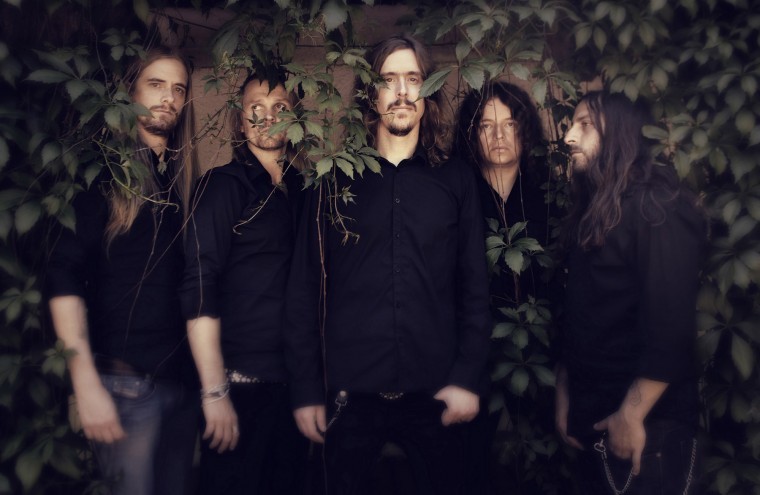Opeth reapplies its ‘Heritage’
(From left) Martin Axenrot (drums), Joakim Svalberg (keys), Mikael Akerfeldt (vocals), Fredrik Akesson (guitar) and Martin Mendez (bass) make up Swedish progressive metal band, Opeth. Heritage, the band’s tenth studio album was released Sept. 14 on Roadrunner Records.
September 26, 2011
Swedish progressive metal band Opeth released their new album Heritage Tuesday. The album, which has been promoted by singer and composer Mikael Âkerfeldt as a completely new direction for Opeth, is definitely different from their past work. However, Opeth’s traditional style permeates the album. It’s just applied differently.
Over the past 20 years, Âkerfeldt has slowly become more comfortable with singing clearly; and in Heritage, his confidence has gotten high enough that the album features none of his traditional beastly, gut-wrenching growls.
The overarching tone of the album is contemplative and slow, a change in pace compared to the high energy of 2008’s Watershed. There are definite echos of the brooding, melancholy lyrics and vocals from 2003’s Damnation, as well as inspirations from King Crimson, Comus, Camel, (if you haven’t heard of these bands, look them up immediately) and other bands from the historic progressive movement of the ‘60s and ‘70s.
There is also a stronger jazz presence, most evident in the first track “Heritage.” Along with that, folk-music has crept into Opeth’s repertoire with the song “Famine,” which culminates with a Hellish flute section near the end. Meanwhile, “Folklore” sounds eerily like something that contemporary band Porcupine Tree would produce (possibly because Âkerfeldt and PT front-man Steven Wilson are old friends).
Heritage ends with “Marrow of the Earth,” which can be described as uncertain. Lingering, sad notes seem to mourn the death of Opeth’s legacy as a progressive metal band but, at the same time, look forward to their future and ask, “What lays beyond the bend?”







